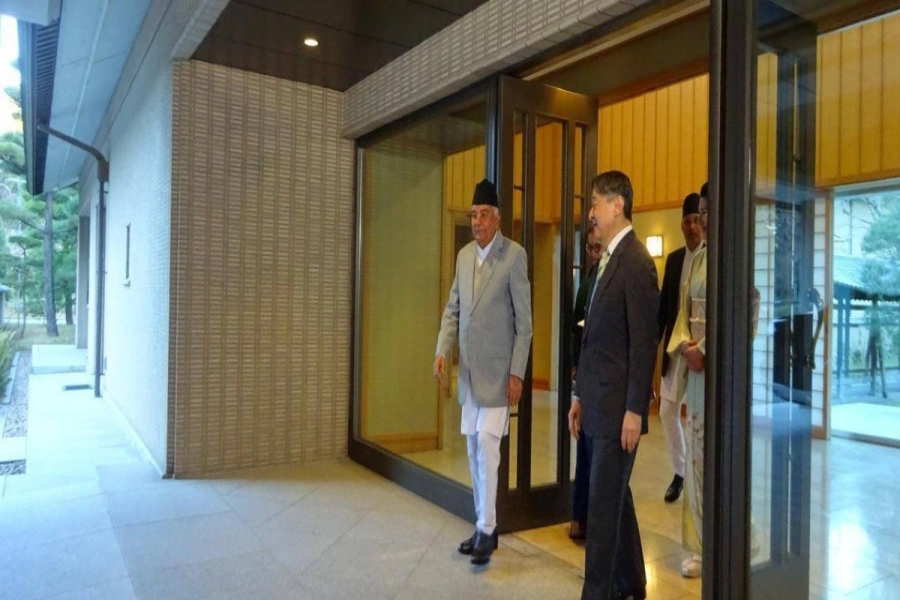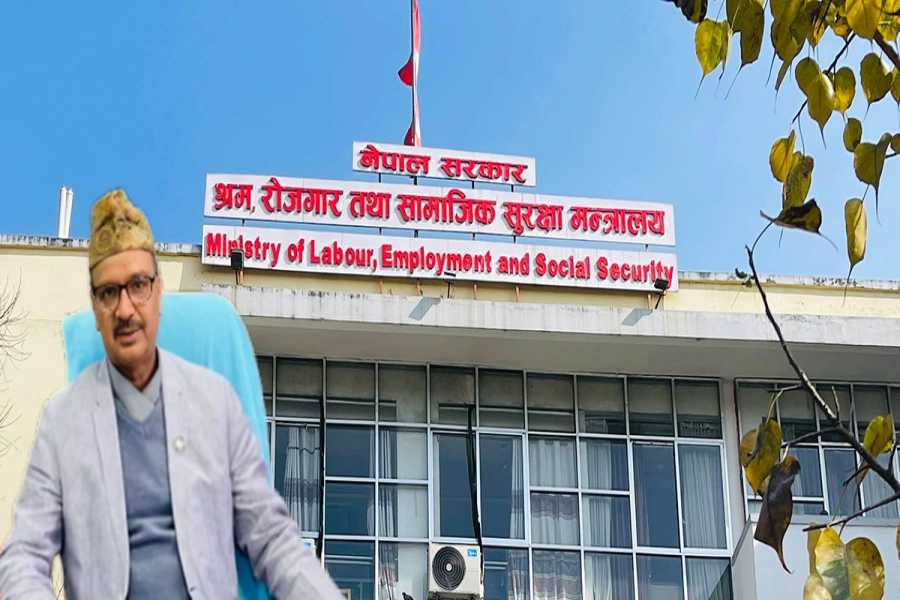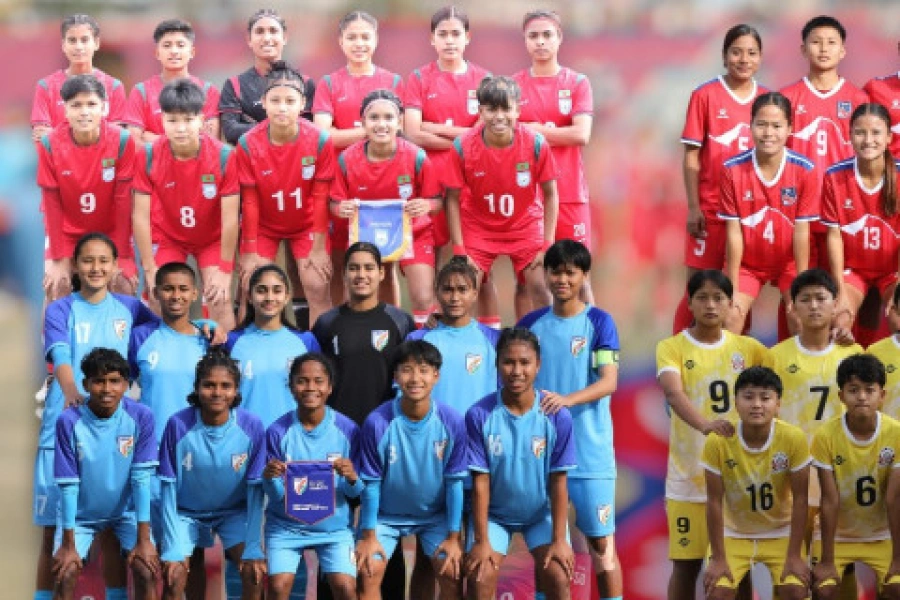Nepal should not remain oblivious to big things happening around Asia-Pacific region because we strategically lie in this region
Nepal should be alert and sensitive to what is happening in the Asia-Pacific region in recent years and frame a clearly defined foreign policy to respond to recent developments. The early years of this decade have seen strategies and political alignments coming into play. The economic and technological achievements big Asian countries have made have impacted Asia-Pacific landmass for a brighter future. In 2010, China became the second largest economy of the world leaving behind Japan as the third largest economy. Meanwhile, India is making headway with strong growth and development. Southeast Asian economy is booming in recent years.
Changing landscape
Against this backdrop, in November 2011 four powerful Asia-Pacific democracies—Australia, India, Japan and the US—came together under the umbrella of Quadrilateral Security Dialogue or QUAD. The idea of Quad was first mooted by Japanese Prime Minister, Shinzo Abe in 2007 but it took further shape in November 2011. However, it has not been as strong as thought because of the diplomatic resistance of China, which considers the grouping standing against it.
One to Watch launches new acceleration program

Then came Asia-Pacific Rebalancing Strategy floated by US President Barak Obama in 2012. This was known as “Pivot to East Asia” which intended to cobble together 12 Asia-Pacific rim countries including the United States as its undertaker and Japan, South Korea, Australia and others under the free trade concept with some military tone. Obama had also initiated the 12 countries grouping known as the Trans Pacific Partnership (TPP) for free trade. In January, 2017, Donald Trump, Obama’s successor, withdrew from TPP pact. That was the first political action undertaken by Trump administration to strike against Obama initiative in Asia-Pacific countries. This shows President Trump is forging his own foreign policy actions.
In 2017 itself, Trump renamed Asia-Pacific grouping as Indo-Pacific Strategy (IPS), which, analysts think, is meant for containing the rise of China. The change of the nomenclature denotes that Trump desires to closely get India involved in his design to make the region stand against steadily growing influence of China to maintain the US influence. IPS has more military contents for it is directed by US Department of Defense. The Indo-Pacific Strategy Report published in the first week of this June “affirms the enduring US commitment to stability and prosperity through the pursuit of preparedness, partnerships and promotion of a networked region”. The US leadership considers China as the strategic competitor and revisionist power. At the moment, however, India is wary of its active involvement in all aspects of US-sponsored Indo-Pacific Strategy.
Nepali media have frequently reported that the US government has been trying to get Nepal under the fold of Indo-Pacific Strategy mainly because of Nepal’s geo-strategic location between China and India. The prospect of Thucydides trap is growing with rising tensions between the US and China.
Stay alert
Nepal’s diplomatic efforts in such times should be guided by the idea of making friends with global powers and alienating none of them. Nepal should stay away from military-inspired grouping as it will be against the spirit of constitution which mandates that we adopt an independent foreign policy.
Nepal should remain alert because global players are competing for supremacy. Since the US withdrawal from TPP, China has taken initiation to lead the entire region on the question of free trade. As its rivalry with the US is intensifying, China will look to build partnerships with more and more countries in the world. China and India may stand together on many issues for their economies are interdependent and getting bigger and bigger.
Thus, Nepal should not remain oblivious to all these big things happening around the Asia-Pacific region, because we strategically lie in the landmass of this region. Talking like a big fish, but doing as a minnow should be discouraged. Any position based on the situational principle would not be of any diplomatic value. Insightful knowledge about the happenings in the region and fact-supported analytical reports received from the region-based embassies would immensely help foreign ministry officials to formulate the policy in a way that can preserve the sanctity of Nepal’s independent journey in this intricately complexity-ridden regional and global scenario.
The current trends make it clear that Asia-Pacific region could become the linchpin of global geopolitics. This region is going to attract the attention of the world, more than ever in history. As a country that lies in the region, Nepal needs to be watchful of what is happening worldwide and tailor its policy in a way that does no harm to Nepal, nor to its friendly countries.
The author, former Joint Secretary of Foreign Ministry, is currently Senior Resource Person at Institute of Foreign Affairs, Kathmandu








































